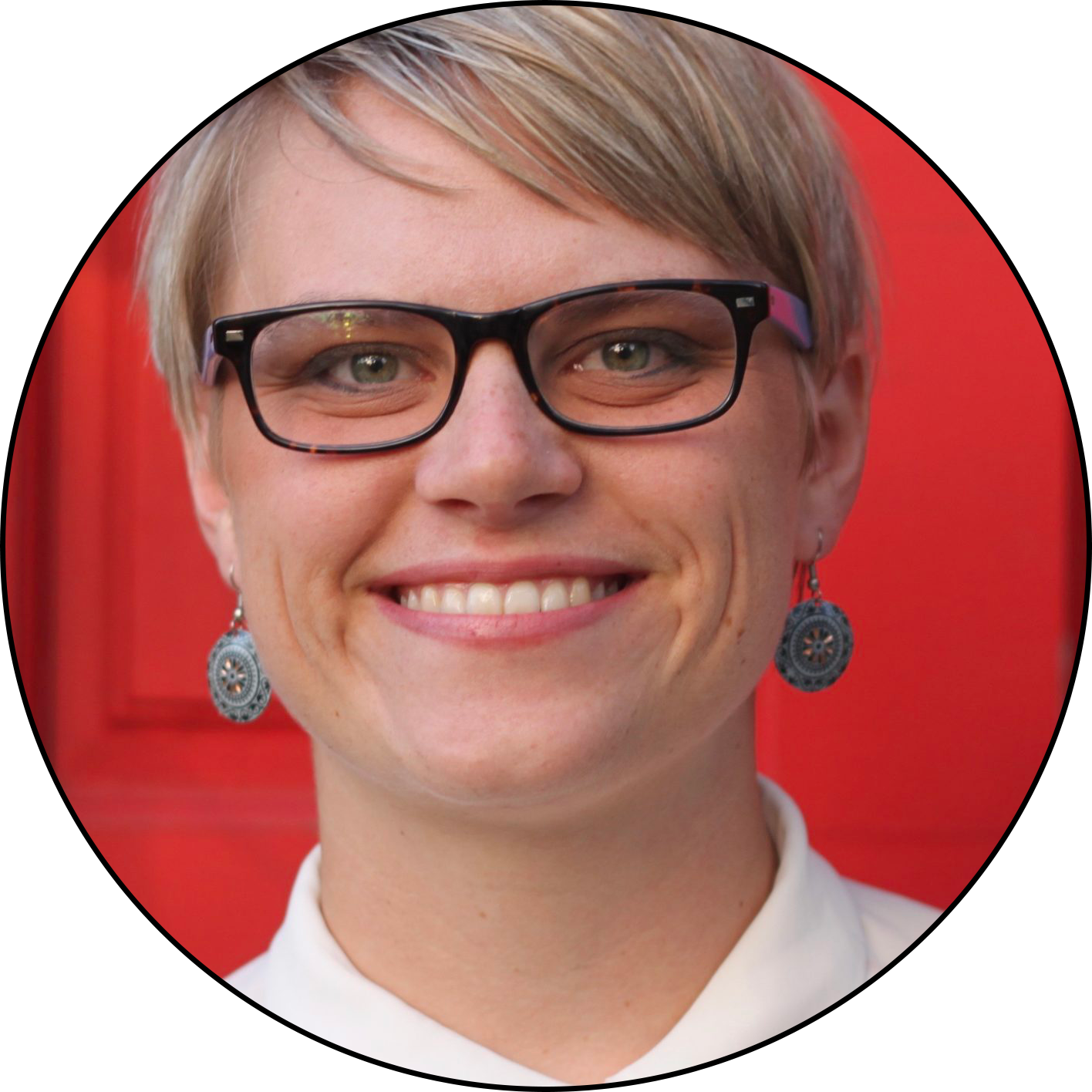Below is a description of all Block 1 sessions, as well as a short bio of each presenter.
Return to Orientation Main Page
Canvas 1 | Basics |
|
| Canvas 1 (Concurrent Session Block 1 – 10:40 – 11:55 am) | |
Session Description and Learning Objectives
|
|
| Full Session Description and Session Resources are available here This introduction to Canvas will prepare participants to teach with the following Canvas tools:
|
|
Presenter | Ed Price |
|
| Ed Price is a Teaching, Learning and Technology Consultant with the Center for Excellence in Teaching and Learning. He really likes the Brewers and Bobbleheads. |  |
Teaching with Zoom |
|
| Teaching with Zoom 1 (Concurrent Session Block 1 – 10:40 – 11:55 am) | |
Session Description and Learning Objectives
|
|
This workshop (a duplicate of that found in block 2) focuses on how to set up and facilitate synchronous online meetings using Zoom. By the end of the workshop, participants should be able to:
|
|
Presenter | Amy Mangrich |
|
| Amy Mangrich, Senior Instructional Design Consultant, Center for Excellence in Teaching and Learning, and Senior Lecturer, Visual Arts. Her areas of interest include rich media, open educational resources, interactive learning materials, synchronous tools, and the pedagogy of online and blended courses. She is coordinating instructional design vendor alignment with campus standards for UWM’s Online Growth Initiative. |  |
Bridging the Gap for Students with Existing Barriers to Learning |
|
| Teaching Focus 1 (Concurrent Session Block 1 – 10:40 – 11:55 am) | |
Session Description and Learning Objectives
|
|
| Many students arrive in class with personal challenges such as family conflicts, relationship issues, financial struggles, and mental health challenges that create barriers to their learning. Furthermore, many of these students quickly come to believe that their teachers will not understand their struggles. Thus, they do not disclose their challenges to their teachers, making it difficult for them to get help.
In this session, we will explore some of the most significant barriers to student success and examine strategies to support students and improve their learning outcomes. This session will provide practical steps to empower TAs to become excellent supporters of their students. By the end of the session, attendees will be able to:
|
|
Presenter | Gabriel Ezema |
|
| Gabriel Ezema is a fourth-year doctoral student in counseling psychology at UWM. He obtained a dual master’s degree in Mental Health Counseling/Theology and Ministry from Boston College, and was ordained a Catholic priest in Nigeria before he moved to the USA for his graduate studies. He has provided pastoral care and mental health counseling services to diverse communities and college student populations in Nigeria and the USA.
His research interest revolves around college students’ mental health and career development, peer mentoring, and how the family, individual identity, and social contexts affect youth and young adults’ psychosocial and career development and access to decent jobs. He likes spending his free time with friends and family, regular exercise, and meditation. Gabriel chose UWM for his doctoral studies because of the program’s emphasis on cultural diversity and excellence in research and clinical practice. |
 |
How Do We Learn to Write?
|
|
| Teaching Focus 2 (Concurrent Session Block 1 – 10:40 – 11:55 am) | |
Session Description and Learning Objectives
|
|
| How do students learn to write? In this session, we will work to de-mystify how to teach writing by focusing on four guiding principles from the field of writing pedagogy – each supported by research and scholarship. We will discuss classroom-ready teaching strategies: from scaffolding in course design to student-centered classroom activities that can fit into small pockets of time. We will also experiment with useful classroom technologies like Hypothesis and Padlet.
Developing as writers and rhetors is an ongoing process that continues in every class, across all disciplines, and throughout a student’s academic career. In this session, the goal is to equip you with high-impact tools for supporting student writers in any class. By the end of the session, attendees will be able to:
|
|
Presenter | Danielle Harms |
|
| Danielle Harms is a dissertator in English, concentrating on creative writing at the University of Wisconsin-Milwaukee. She was a Distinguished Graduate Student Fellow, a Distinguished Dissertator Fellow, and a Digital Humanities Teaching Fellow. Her writing has been published in Conjunctions, Mid-American Review, New Letters, and American Literary Review. She earned her MFA from George Mason University, where she was an Assistant Term Professor. She is the winner of a 2021 AWP Intro Journals Prize in fiction and is a 2023 Staff Scholar in the Bread Loaf Environmental Writers Conference. |  |
All sessions will be recorded